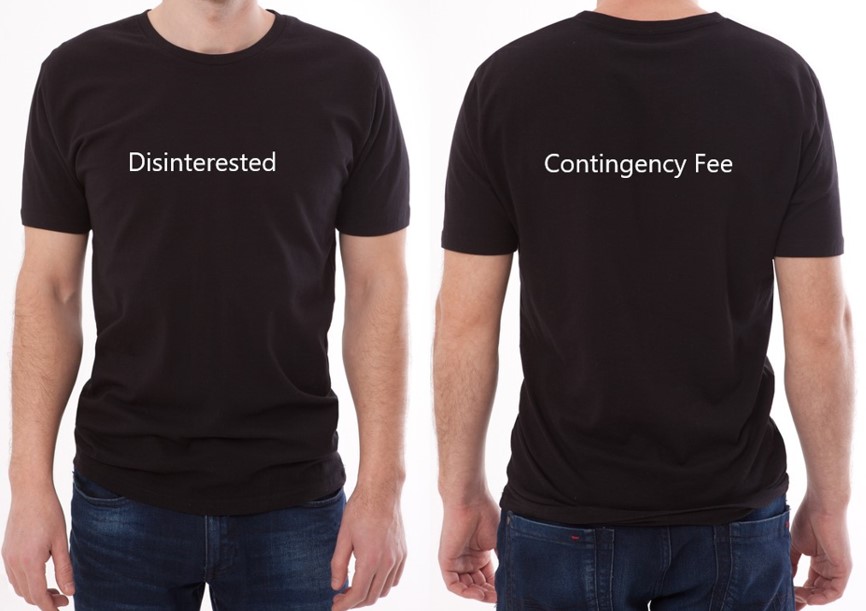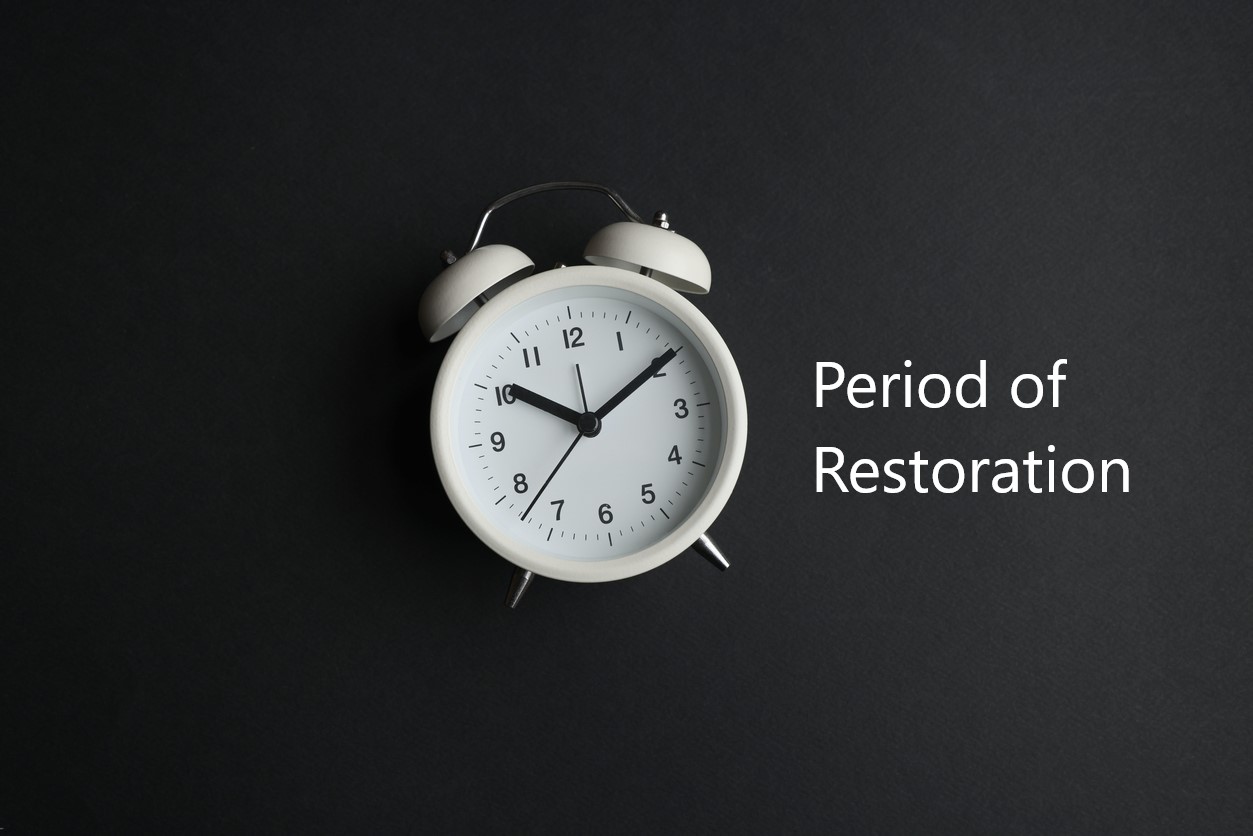Policyholders dealing with property damage expect insurance claims to be handled fairly and efficiently. Yet, the reality can diverge due to delays in the insurance appraisal process. This raises an important question: What role do insurance carriers play in these delays, and do they have a duty to prevent them?
The Appraisal Process and Its Challenges
Policyholders dealing with property damage often invoke the insurance policy’s appraisal clause to settle disputes over the scope of damages. When the policy’s appraisal clause is triggered, the carrier and the insured each hire their own appraiser to investigate and estimate the damages. Insurance carriers often have preferred appraisers and may disproportionately assign appraisals to these favorites, which can lead to backlogs and delays in the process.
Based on my experience as a former insurance appraiser, I have seen firsthand how overloaded carrier appraisers would be unavailable to attend a joint inspection for several weeks or months or otherwise delay finalizing their positions. This type of conduct significantly slows down the claims process, leading to protracted timelines for assessing damages and frustrating delays that significantly impact a policyholder’s ability to rebuild and recover. These delays can also jeopardize policyholders’ rights and benefits.
Notably, state regulations generally do not mandate specific timelines for completing insurance appraisals, leaving much of the process at the discretion of the insurance carriers who draft the policies. While typical insurance policies include deadlines requiring the insurer to promptly name its appraiser, they seldom set specific timelines for completing the appraisal itself.
Moreover, courts in many jurisdictions have ruled that initiating an appraisal does not pause policy deadlines or statutes of limitations. 1 Consequently, if these deadlines pass without action, such as filing a lawsuit, policyholders might forfeit their rights or benefits awarded during appraisal. In many cases, this necessitates hiring legal counsel to protect their interests, adding further expense and complexity.
The Insurance Carrier’s Role and Responsibilities
This leads us to consider whether insurance companies have a duty to ensure their appraisers complete their responsibilities in a timely manner.
My view is that when an insurance carrier faces consistent delays in the appraisal process due to an appraiser’s repeated unavailability or inefficiency across multiple claims, the carrier should take decisive actions to address the situation and uphold their obligation of good faith and fair dealing. At the outset, the carrier should review its overall list of appraisers to ensure there is a sufficient number of qualified professionals available to handle appraisals in a timely manner. This review includes monitoring the timelines involved with the appraiser’s work history for the carrier. If the carrier decides to continue with an appraiser, they should discuss patterns of delays with the appraiser to understand the underlying causes and establish expectations for timeliness. By implementing such review processes, an insurance carrier not only adheres to its obligations of good faith and fair dealing but also improves its reputation and reduces the risk of legal challenges.
Additional Steps Insurers Should Take:
- Proactive Communication About Delays: Insurers should implement processes to inform policyholders about any potential delays caused by their appraisers as soon as they become apparent. This communication should be clear, transparent, and documented to avoid misunderstandings about critical timelines.
- Automatic Extension of Deadlines: Insurers should automatically extend relevant policy deadlines impacted by these delays. This should include extensions for any associated loss of use, recovery of withheld depreciation, filing claims and lawsuits, etc.
- Compensation for Expenses: If delays lead to additional reasonable expenses for the insured, insurers should be prepared to compensate these.
- Recusal: If a carrier appraiser’s schedule will cause significant delays, insurers should require recusal and an immediate appointment of another qualified appraiser who can maintain the integrity of the appraisal process.
- Avoidance of Gamesmanship: Insurers need to avoid any practices that could be interpreted as unfair or deceptive. This includes undue delays in communication or withholding crucial information about the rights of the insured and the status of their claim.
For insurance carriers, allowing appraisal delays to continue unchecked violates the principles of good faith and fair dealing. Therefore, insurers should take reasonable steps to prevent these delays and ensure the appraisal process aids rather than hinders the recovery of policyholders. Every day of delay is another day a policyholder cannot move forward with rebuilding their life—an outcome that no fair and ethical insurer should allow.
Thought for the day:
Do the best you can until you know better. Then when you know better, do better.
—Maya Angelou, American poet and civil rights activist
1 See e.g., Stolz v. State Farm Fire & Cas. Co., 2013 WL 3168176, at *6 (S.D. Miss. June 20, 2013); Ireifej v. Travelers Cas. Ins. Co. of Am., 2021 WL 4133948, at *3 (M.D. N.C. Sept. 10, 2021); Mireles v. Liberty Ins. Corp., 2023 WL 349010, at *1 (W.D. Okla. Jan. 20, 2023).





